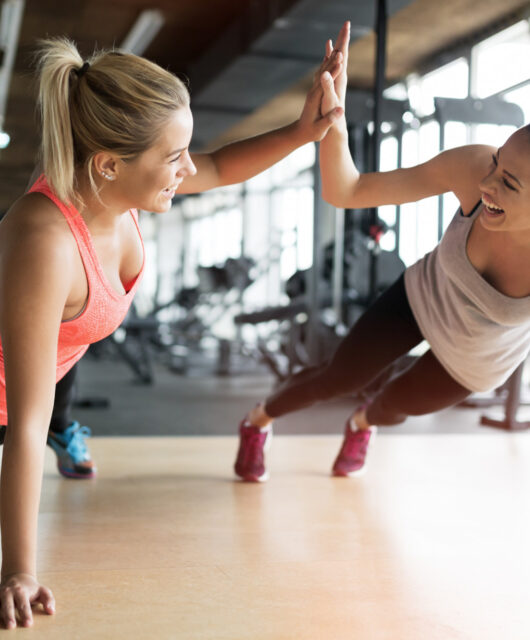How to keep yourself safe from coronavirus
 Most nations around the globe have set up coronavirus limitations, from bans on open social affairs to closing borders, in an offer to control the pandemic’s spread. If you or your loved ones are infected at their workplace, please contact a COVID-19 Workers’ Compensation Attorney, so they can help you and shut down the offices. As of April, COVID-19 has killed more than 47,200 individuals, as indicated by information from Johns Hopkins University. The virus has contaminated 938,000 individuals worldwide with 194,000 recuperating from it.
Most nations around the globe have set up coronavirus limitations, from bans on open social affairs to closing borders, in an offer to control the pandemic’s spread. If you or your loved ones are infected at their workplace, please contact a COVID-19 Workers’ Compensation Attorney, so they can help you and shut down the offices. As of April, COVID-19 has killed more than 47,200 individuals, as indicated by information from Johns Hopkins University. The virus has contaminated 938,000 individuals worldwide with 194,000 recuperating from it.
Here are a few tips and steps you can take to keep yourself safe from coronavirus.
1. It is recommended to disinfect the surfaces that come into contact with individuals regularly. Utilizing Clorox sanitizing wipes or Lysol showers, both affirmed by the US Environmental Protection Agency, clean surfaces like tables, consoles, light switches, and remote controls. At home, whenever the situation allows, clean the conveyed things with health office endorsed disinfectants. Wash your hands with soap or liquor sanitizers in the wake of getting a delivery.
2. Refrain from touching your eyes, nose, and mouth. Our hands touch numerous surfaces. By touching our faces, the hands would then be able to transfer the infection to the eyes, nose, or mouth from where the infection can enter the body and cause disease.
3. Numerous individuals are picking home deliveries over going to the shops. Yet, that is not without its dangers. To confine the threat of a delivery driver possibly passing on the disease, request that they leave the products on your doorsteps. Choose online banking payments over money. If you should meet the delivery driver, keep a six-foot distance.
4. Following respiratory cleanliness is fundamental in being careful. Cover your mouth and nose with your elbow or tissue when sneezing or coughing. Discard the used tissues quickly, and wash your hands. Try to keep a hand sanitizer with you at all times when you go out (if you absolutely have to).
5. Ask your primary care physician for advice, then separate yourself from others. Abstain from sharing washrooms with other people, if possible. Clean the surfaces that you have come in contact with. However, do not panic and go to the hospital without consulting with a doctor over the phone. You should stay at home because if you do not have the virus, going to the hospital will increase your chances of getting it.
Remaining safe outside
6. When going out from the home to get basic items, for example, food supplies or medication from drug stores, it is encouraged that only a single individual carries out this responsibility. This will constrain the number of individuals presented to the potential dangers.
7. When outside, keep the recommended social distance. Wear a facemask and gloves on the off chance that you have them. In grocery stores, wipe the trolley handles before utilizing them. At the point when you get back home, wash your hands with a cleanser and water for at least 20 seconds and disinfect the shopped items as well.
A very important thing to avoid is to not listen to people talking about random remedies to cure the virus or get rid of it. Always make sure that you get the correct information from sites such as WHO (World Health Organization).









